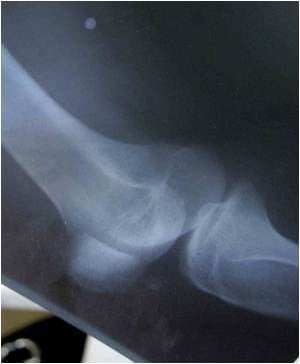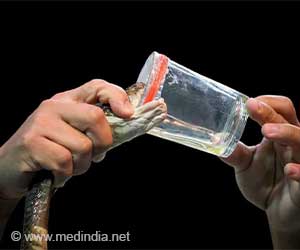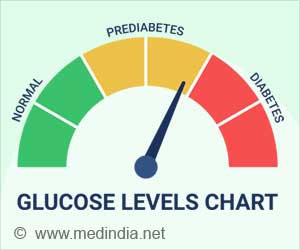Taking care of your teeth can help prevent rheumatoid arthritis
- A link has been established between periodontal disease and rheumatoid arthritis
- The bacteria that can be found in the gums of patients with periodontal diseases are also seen in the joints of patients with rheumatoid arthritis
- This association can help us establish why the disease is occurring and how it can be prevented
TOP INSIGHT
A unique link has now been established as the bacteria that are commonly found in one’s mouth have also been detected in joints
Oral mucosal breaks trigger anti-citrullinated bacterial and human protein antibody responses in rheumatoid arthritis
Go to source).
Tracing this connection between the two conditions could aid in developing therapies for rheumatoid arthritis, which is described as an autoimmune inflammatory disease that tends to attack the lining of the joint and can also cause heart, lung, and eye problems.
The approach that led to the study could also pave a fruitful pathway for finding treatment modalities for diseases, including cancer.
"Data gathered in experiments from living organisms, cells, or tissue grown in Petri dishes is really important to confirm hypotheses, but, at the same time, this data perhaps holds more information than we are immediately able to derive from it," Yao said.
Yao’s hunch was confirmed when she took a deeper look into the data that she collected from rheumatoid arthritis patients.
"While I was working on that project, I went to this talk that I thought was cool because it pointed out that in the data that gets ignored or thrown out, you can find traces of microbes. You’re looking at a human sample, but you get a snapshot of the microbes floating around. I was intrigued by this."
"I was curious about this tool that allowed you to detect microbes in human samples. It was sort of like, for free, you’re getting an extra perspective on the data," Yao said. "At the time, I hadn’t worked much on microbial data at all. Since then, Dana has leveraged all this expertise and gotten together with people studying these bacteria.
"One of the things that came up when we were discussing this was, how cool would it be if you could prescribe some kind of mouthwash to help prevent rheumatoid arthritis flares."
"I got interested in what else we can find by mining for microbial signatures in human samples," Yao said. "Now, we’re doing something similar in looking at cancer.
"The hope here is that if we find some interesting microbial or viral signatures that are associated with cancer, we can then identify productive experimental directions to pursue. For instance, if having a tumor creates this hotbed of specific microbes that we recognize, then we can maybe use that knowledge as a means to diagnose cancer sooner or in a less invasive or costly way. Or, if you have microbes that have a very strong association with survival rates, that can help with the prognosis. And if experiments confirm a causal link between a specific virus or bacteria and a type of cancer, then, of course, that could be useful for therapeutics."
One of the better-known pathogens that had a similar discovery and was later associated with cancer is human papillomavirus (HPV), and this study falls along similar lines to the HPV discovery.
"When we did the same exercise looking at cervical cancer tumor samples, we consistently detected the virus," she said. "It’s a nice proof-of-principle finding that shows that the presence of specific pathogens can be meaningful for certain types of cancer. "I’m interested in using computational approaches to bridge the gap between available experimental data and ways to interpret it. Computational analysis is a way to help interpret data and prioritize hypotheses for clinicians or experimental scientists to test."
Reference :
- Oral mucosal breaks trigger anti-citrullinated bacterial and human protein antibody responses in rheumatoid arthritis - (https://www.science.org/doi/10.1126/scitranslmed.abq8476)
Source-Medindia
 MEDINDIA
MEDINDIA




 Email
Email










